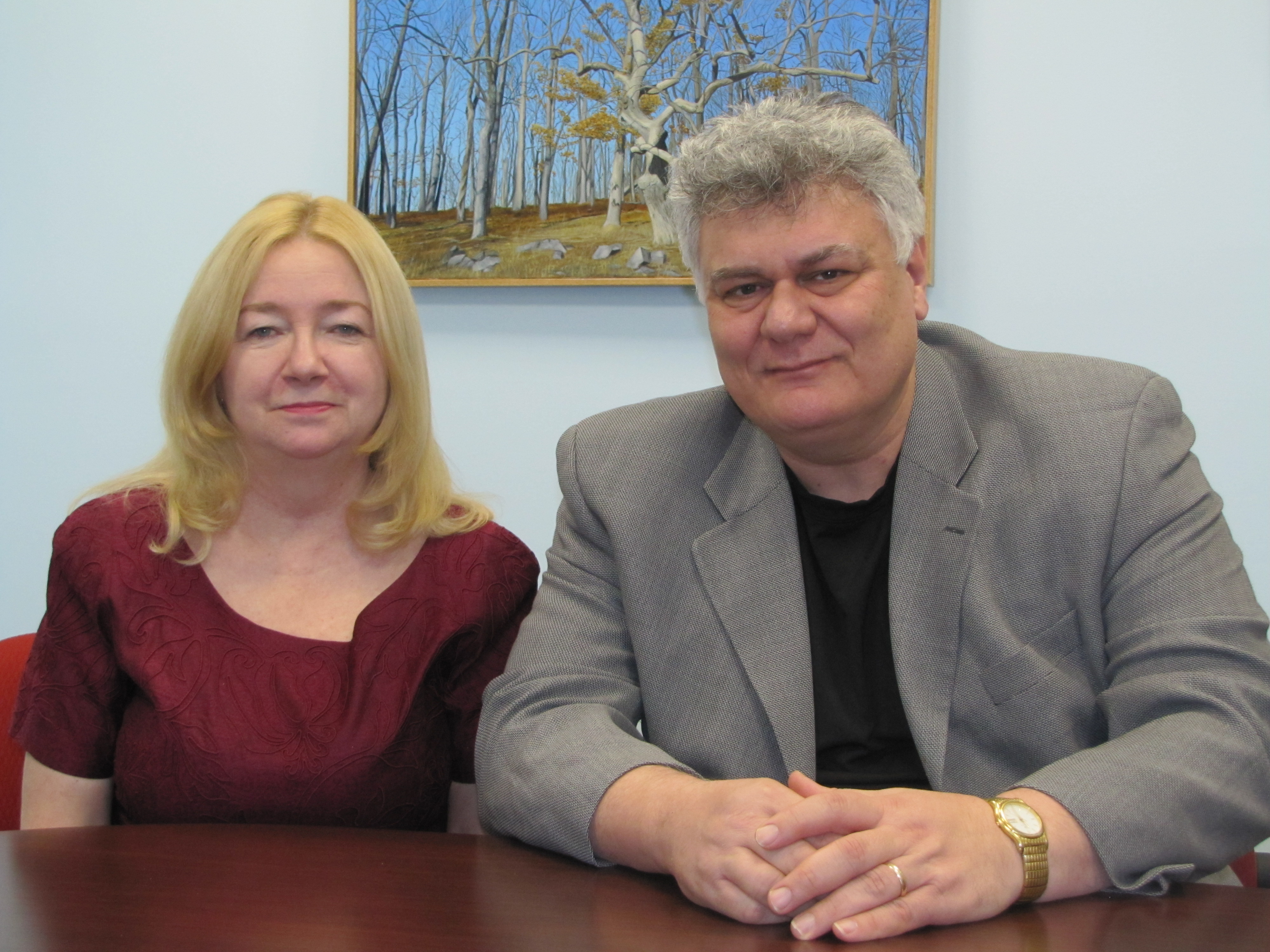Tuesday, Apr 19, 2011
Dr. Frank Rusciano has gone to great lengths to bring an international perspective to students at Rider. Now, as the recipient of the Fulbright – University of Ulster Policy Studies Award from the Fulbright Foundation, Rusciano will once again take his own experiences overseas – this time, to Northern Ireland.
by Sean Ramsden
An active and visible member of the faculty in the departments of Political Sciences and Global Multinational Studies, Dr. Frank Rusciano has gone to great lengths to bring an international perspective to students at Rider. Now, as the recipient of the Fulbright – University of Ulster Policy Studies Award from the Fulbright Foundation, Rusciano will once again take his own experiences overseas – this time, to Northern Ireland.
Rusciano, whose award will take him to the University of Ulster for four months in the spring of 2012, was selected by the Fulbright Commission to conduct research on conflict resolution and world opinion in Northern Ireland, long the site of strife between Irish nationalists and Great Britain. Northern Ireland is part of the United Kingdom.
“I’m going to be researching how perceptions of conflicts in the world help influence opinion,” said Rusciano, who added that his plans do not call for a formal teaching position, though he would be happy to oblige if asked.
The sole United States citizen granted the Fulbright – University of Ulster Policy Studies Award this year, Rusciano says Ulster provides an ideal location for his research, given the history of conflict between the predominantly Protestant unionist and the mainly Catholic nationalist communities that make up the country’s six counties. Though much of the violence has abated since the historic 1998 “Good Friday” accord between the two factions, the peace is considered by many to be tenuous.
“There are still incidents, but it’s not like it was,” Rusciano added.
Though Rusciano has never before been to Northern Ireland, the subject of nationalism is one he has broached previously. His 2006 book, Global Rage After the Cold War (Palgrave Macmillan), discussed nationalism and terrorism of the era.
“The end of the Cold War set up conditions where some were denied a path to national pride,” he said. “When that happens, people sometimes take alternative routes to national pride, such as terrorism. People begin to lose faith and look to non-state actors to effect change, such as al-Qaeda.
This demand for national identity is also currently on display in the Middle East, where popular uprisings, such as those in Egypt or Libya, reflect the thirst of a citizenry for a government that represents them properly, he says.
“They are, in effect, saying, ‘we do not want to be led by a dictator, but by someone who speaks for us,’” explained Rusciano, who also heads Rider’s Globalization Across the Curriculum initiative through the College of Liberal Arts, Education, and Sciences.
Rusciano says he would not identify himself as an expert on the peace process in Northern Ireland, and isn’t entirely sure what to expect, but he says that’s good.
“You have a great opportunity to learn when you enter a situation without any preconceived notions or biases,” he said. “‘Stumbling around,’ if you will, can be useful in a scholarly way – an advantage.”
Though he will spend just four months in Ulster, Rusciano hopes the contacts and friendships he forges will endure. “I’d like to see those relationships last well beyond that. I’d like to bring students back with me, and be able to have our professors return there,” said Rusciano, who has traveled to Germany three times on Alexander von Humboldt Fellowships. “One of the purposes behind the Fulbright is to promote the exchange ideas between people, so making those contacts will be vital.”

